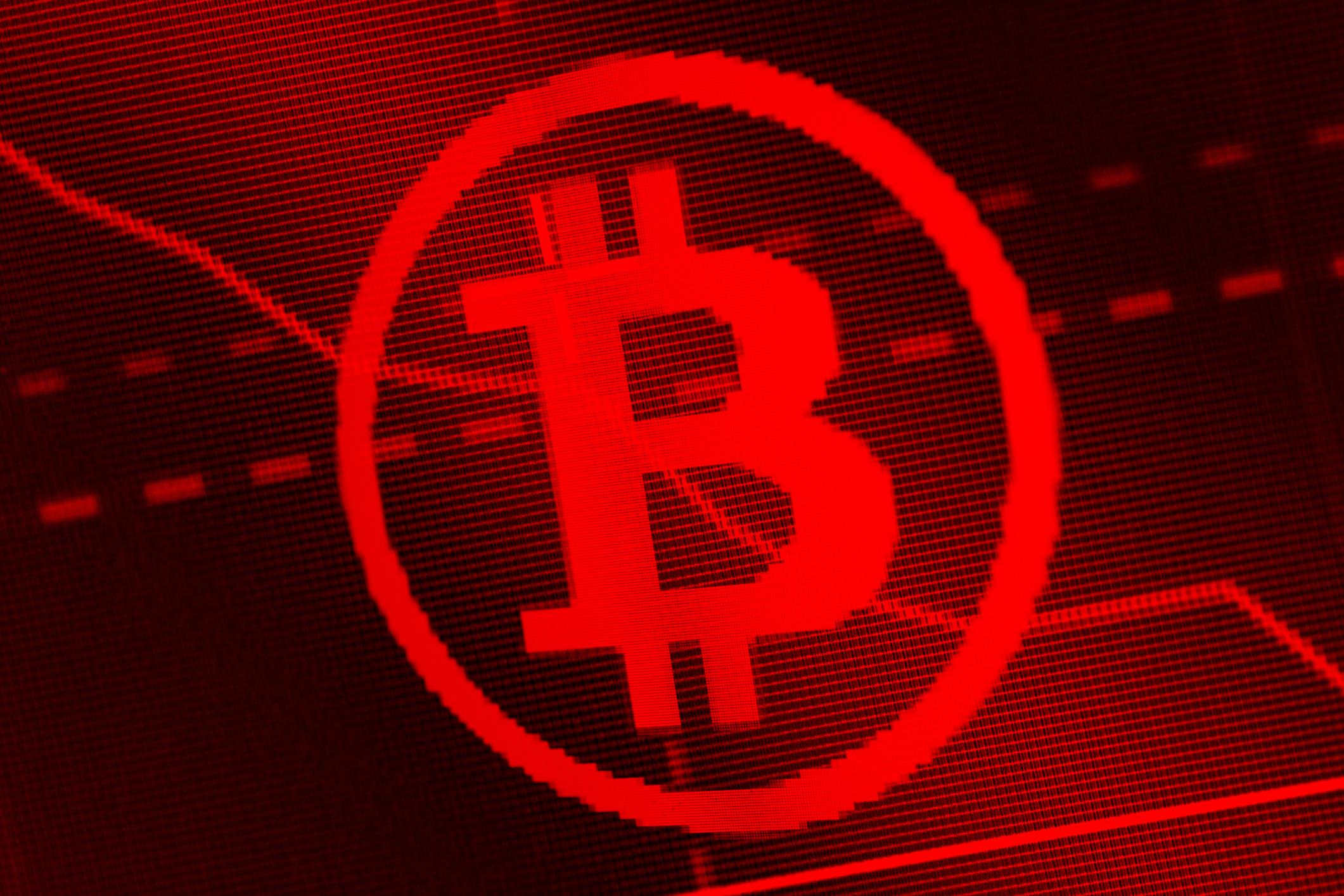North Korea is using cryptocurrency scams to bypass UN sanctions and fund its regime, report says
Cyber attacks on bitcoin exchanges and so-called cryptojacking attacks have previously been attributed to hackers working for Kim Jung-un's regime

Your support helps us to tell the story
From reproductive rights to climate change to Big Tech, The Independent is on the ground when the story is developing. Whether it's investigating the financials of Elon Musk's pro-Trump PAC or producing our latest documentary, 'The A Word', which shines a light on the American women fighting for reproductive rights, we know how important it is to parse out the facts from the messaging.
At such a critical moment in US history, we need reporters on the ground. Your donation allows us to keep sending journalists to speak to both sides of the story.
The Independent is trusted by Americans across the entire political spectrum. And unlike many other quality news outlets, we choose not to lock Americans out of our reporting and analysis with paywalls. We believe quality journalism should be available to everyone, paid for by those who can afford it.
Your support makes all the difference.North Korea is using and exploiting cryptocurrencies to bypass international regulators and help financially support its regime, a new report has revealed.
Researchers from the cyber-threat intelligence firm Recorded Future attributed two separate cryptocurrency scams in 2018 to a network of "North Korea-enablers" in Singapore, both of which were designed to con investors and funnel funds into the country.
One of the scams relates to the cryptocurrency 'hold', which was listed on and removed from a series of exchanges in 2018, before eventually rebranding to 'huzu'. The authors of the report say the cryptocurrency "left its investors high and dry."
A second scam involved a blockchain application called Marine Chain Platform and its initial coin offering (ICO) crowdfunding efforts.
"We came across discussions of Marine Chain as a cryptocurrency in a couple of bitcoin forums in August 2018," the researchers wrote in their report, titled 'Shifting patterns in internet use reveal adaptable and innovative North Korean ruling elite'.
"Marine Chain was supposedly an asset-backed cryptocurrency that enabled the tokenisation of maritime vessels for multiple users and owners."
An extensive investigation into the company and its alleged employees revealed with "high confidence" that it was in fact a scam conducted on behalf of North Korea.
North Korean hackers have previously been blamed for a cyber attack on South Korean bitcoin exchange Youbit last year, which resulted in the theft of around $72 million-worth of cryptocurrency. This interest in cryptocurrency was further highlighted in 2017 when the Pyongyang University of Science and Technology invited foreign experts to lecture students on the technology.
The mining of cryptocurrency by hijacking foreign computers has also been attributed to North Korea, with the funds funnelled into the country through the state university. Earlier this year, researchers at cyber security firm AlienVault discovered the so-called 'cryptojacking' malware, saying cryptocurrency offered a "financial lifeline" to a regime hit hard by sanctions.
The latest report suggests that the mining of bitcoin and monero is ongoing, though remains relatively small scale.
"Broadly, these types of cryptocurrency scams fit the template of low-level financial crime described by defectors, that has plagued South Korea for years and the international community is just beginning to track," Recorded Future's report into the cryptocurrency scams concluded.
"It is a natural step for both a group of actors that has been so embedded in the cryptocurrency world for years and for a network that is being forced to innovate new funding streams to counter the effects of international sanctions."
Join our commenting forum
Join thought-provoking conversations, follow other Independent readers and see their replies
Comments